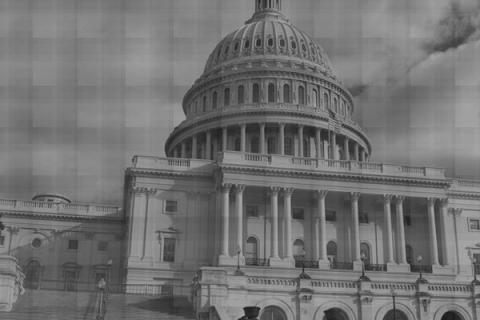This month, California’s Citizens Redistricting Commission will release its first draft maps of the boundaries for the state’s Assembly, Senate, Board of Equalization and Congressional districts.
On June 10th, the Citizens Redistricting Commission will publish its first draft maps of the districts that will define the state’s political contours for the next ten years. After a period of public review, official hearings and open meetings, the Commission is scheduled to release its second draft maps on July 7th. Following another round of public input, the Commission’s final draft maps will be presented on July 28th.
Established by Proposition 11 in 2008 and amended by Proposition 20 in 2010, the Voters First Act has effectively taken the redistricting process out of the hands of sitting legislators and party bosses, and empowered a multi-partisan group of fourteen private citizens – including five Democrats, five Republicans and four individuals affiliated with neither major party – to oversee the redrawing of the state’s political map.
However, the Commission’s progress to date has demonstrated the difficulty of taking the politics out of an inherently political process. For instance, in March, when it came time to determine the firm that would be charged with actually drawing the map lines, the Commission was faced with a choice between two organizations with long-standing, though indirect, ties to the Democratic and Republican parties – Q2 Data Research and the Rose Institute, respectively.
“The Citizens Redistricting Commission, built upon a hopeful ideal of enhancing political competition in legislative and congressional districts, has now descended into a cesspool of corruption, and the promise of fair new districts has been compromised by brutal partisan politics instigated by the commission itself,” wrote Tony Quinn following the Commission’s decision in favor of Q2.
As a member of the Rose Institute’s Board of Governors, Quinn is obviously anything but an impartial observer.
Yet, such controversy demonstrated that the multi-partisan composition of the Commission could not insulate it from the rabid partisanship that defines Republican-Democrat party politics. Shortly thereafter, in early April, the California Independent Voter Project (CAIVP) issued a formal public comment to the Commission underscoring the fact that the Voters First Act specifically prohibits it from considering any criteria related to political party affiliation.
“With over 50% of California's voters identifying themselves as "independent" or "non-partisan", regardless of their formal registration, CAIVP's quest for a strictly non-partisan approach to redistricting could be critical in the fight for fair and competitive elections,” wrote Ryan Jaroncyk here at CAIVN.
The difficulty of securing an explicitly non-partisan approach even in a reformed redistricting process is clear in the very language used to talk about the Commission.
In their everyday speech, Democrats and Republicans often equate bipartisanship with non-partisanship, despite the fact that a bipartisan process literally cannot be non-partisan since, by definition, it excludes Independents and third party supporters. Indeed, the Commission’s multi-partisan character implicitly acknowledges the fact that a bipartisan body cannot be a non-partisan body. Interestingly, however, the fact that the Commission has been charged with redistricting the state along non-partisan lines appears to have created the impression in the minds of some that it is a bipartisan body.
A KQED broadcast discussing the new redistricting process described Proposition 11 in the following manner:
“The measure took the drawing of legislative districts out of the hands of lawmakers, and instead put it into the hands of a bipartisan organization called the Citizens Redistricting Commission” .
A recent article in the San Francisco Chronicle considered the effects the process might have on various communities, stating:
“Depending on how the bipartisan commission draws the maps, San Francisco's Asian American community could see its power diminished” .
Even the Commissioners themselves have revealed this bias in discussing the body’s work! In an article for the Contra Costa Times, one of the Republican members of Commission, Vince Barabba, has been quoted saying:
“Everything that is done is going to be done in public and under the bipartisan commission's direction” .
The bipolar ideology that sustains the two-party system has so warped our politics that Independents are unconsciously excluded from discussions of a public commission in which they have been explicitly included, ironically, in order to counteract the most pernicious effects of two-party politics. The two-party state is, first and foremost, a state of mind.
Independents must be sure to have their voices heard as the redistricting process moves forward, else they will simply be drowned out, ignored or forgotten. Comments can be submitted to the Commission at any of its open hearings or by using its online submission form.

